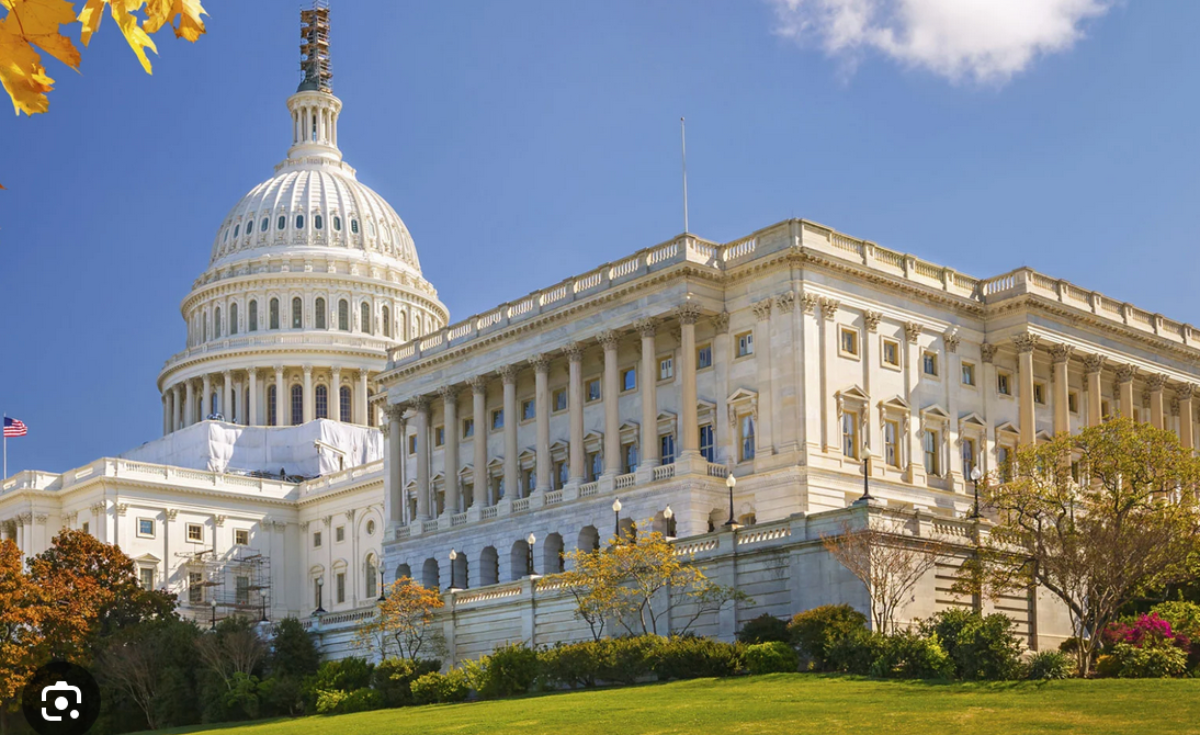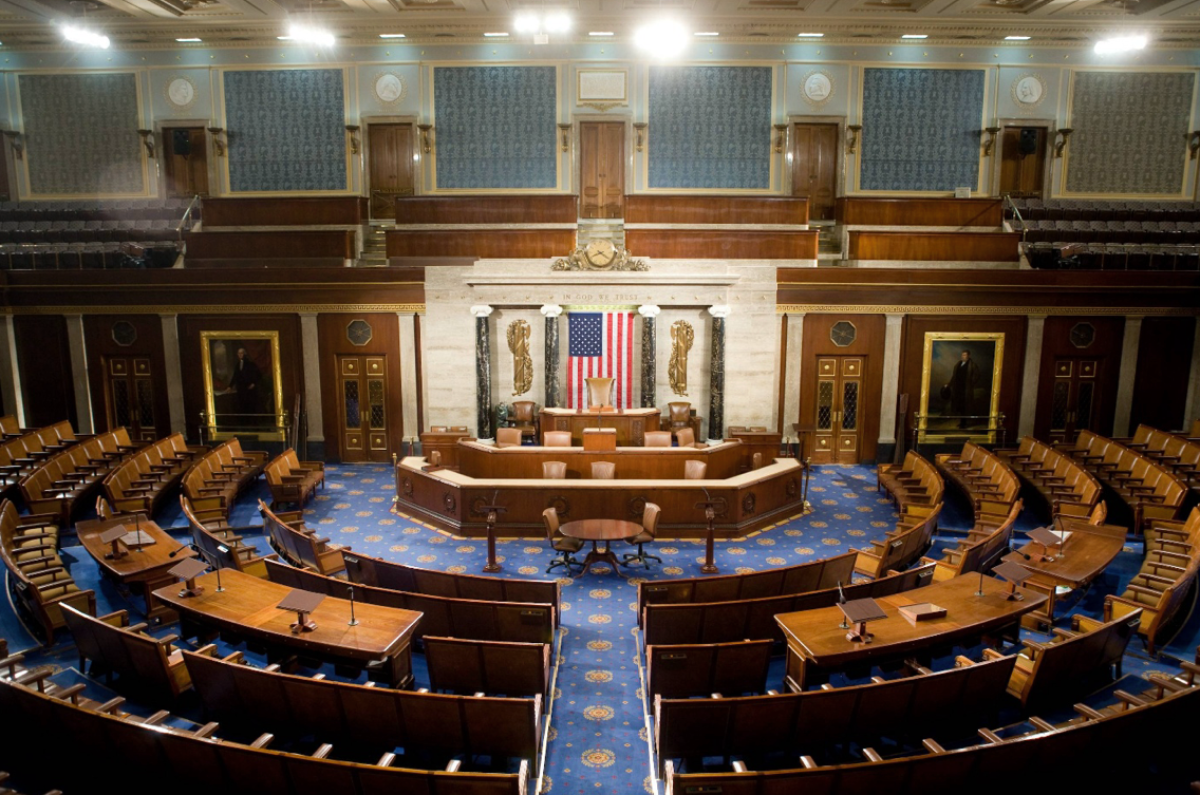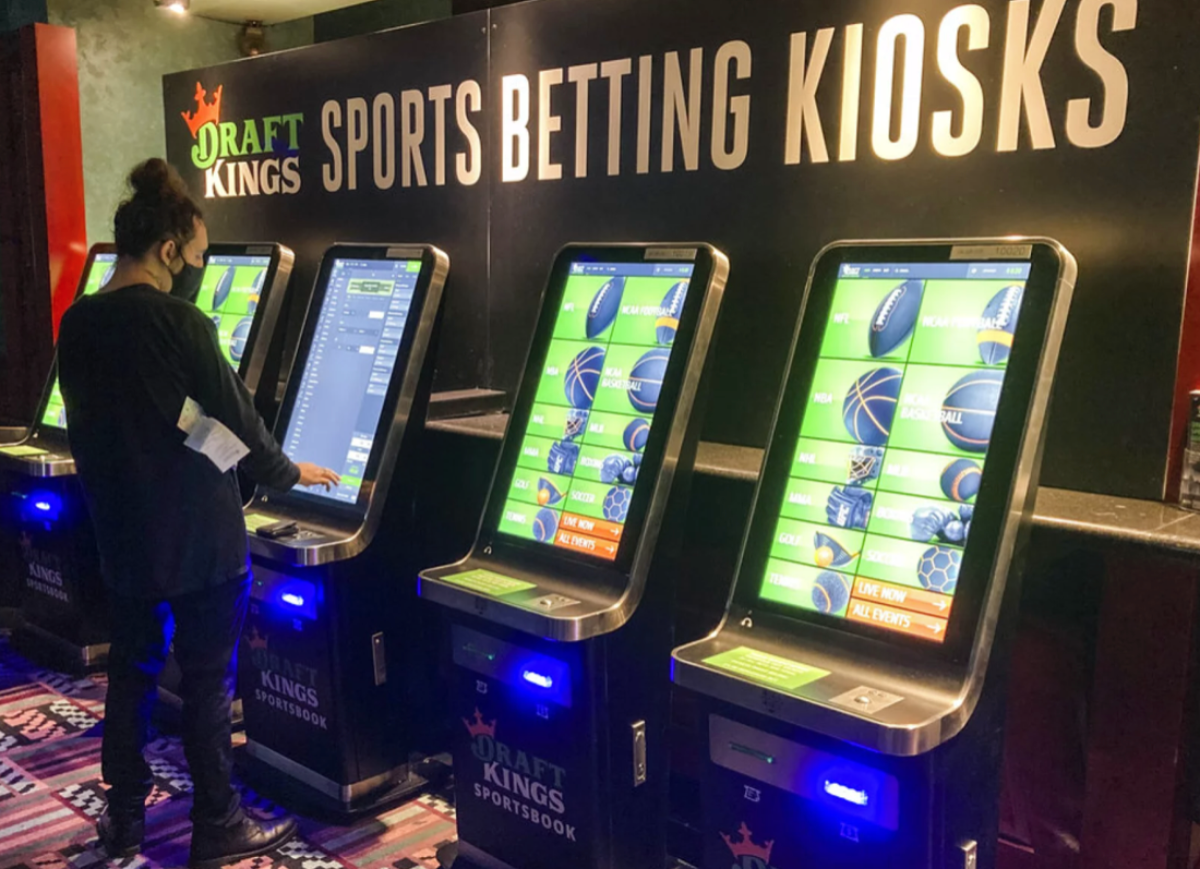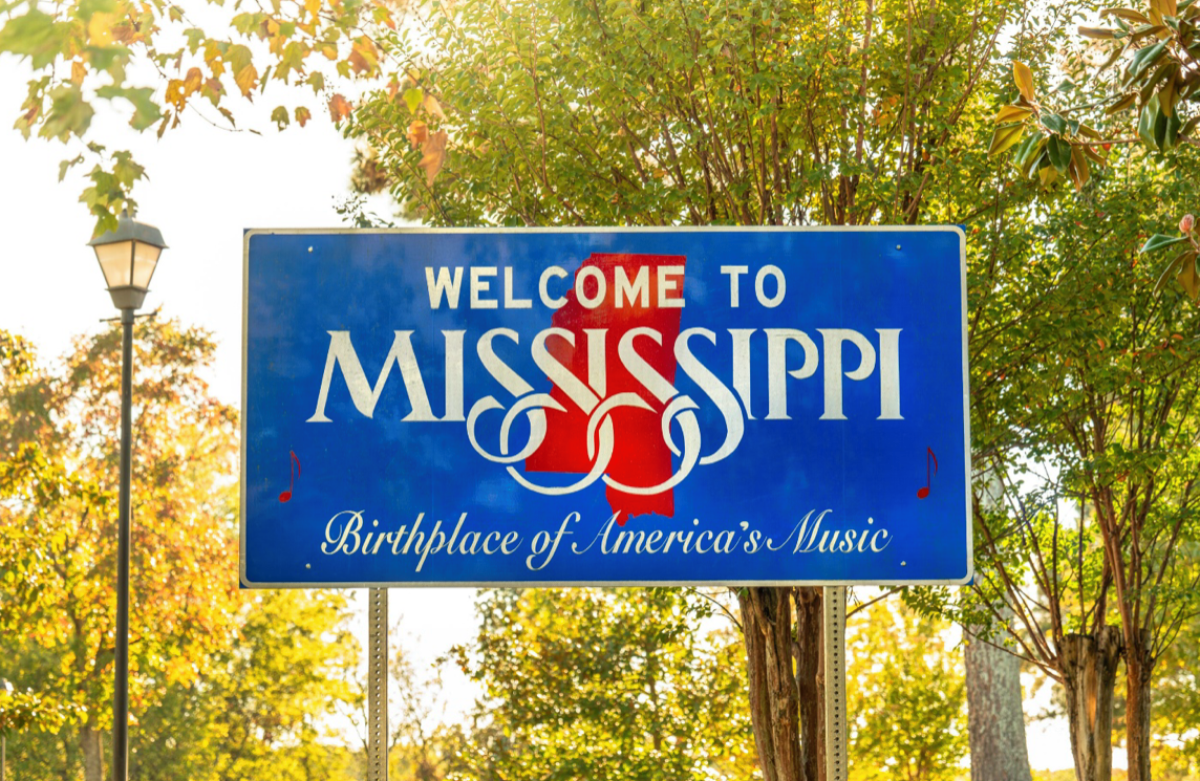
The sports betting industry is facing federal legislation for the first time this year, meanwhile, the states are also tightening the rope. Here are the top stories from last week.

Federal legislation is moving towards imposing federal guardrails on the online sports betting industry. Last week, the Supporting Affordability & Fairness with Every Bet Act, or simply the SAFE Bet Act, was introduced to Congress by U.S. House of Representative Paul Tonko. He introduced this bill with US Senator Richard Blumenthal for the second time after their bill with the same content failed to pass the Senate Judiciary Committee last year.
The House Bill 2087 is directed towards putting federal restrictions on the number of ways legal sports betting companies operate. Here are the key limits presented in this bill:
Sportsbooks not allowed to use Artificial Intelligence (AI) to run targeted advertising or to allow in game betting perks such as microbets.
These restrictions are going to hugely impact how the sportsbooks get players and compete with the illegal sportsbooks.
Tonko went after the sports betting industry in his media talk outside the Capitol, claiming.
“The industry labels that record [$14 billion] number as revenue — a number to be celebrated and revered. The reality is that $14 billion in revenue for the gambling industry is $14 billion extracted from the pockets of everyday Americans”
The American Gaming Association has opposed the SAFE Bet Act, adding that this will boost the harms caused by illegal and foreign sportsbooks around the country.

The sports betting business has boomed in Connecticut since its legalization in 2021. For now, the only sportsbooks available in the state are FanDuel, DraftKings, and Fanatics. The state is introducing several legislations this year to improve the sports betting landscape within the state. Senate Bill 1464, introduced by Rep. Tony Scott, is potentially one of the most impactful bills for sports betting in the state.
Senate Bill 1464 will allow the state to authorize peer-to-peer (P2P) casino games. P2P casino games are in which players compete against one another, rather than a sportsbook or a betting platform. The sportsbook operators, DraftKings and FanDuel will be partnering with the state to allow such games.
The bill will also impose a top ceiling for online sports bets, without specifying the actual limits. The Consumer Protection Commissioner Bryan Cafferelli will be tasked with the adoption of the maximum sports bets for online sports betting.
The bill aims to legalize in-flight sports betting on commercial flights. This means that online sports betting opportunities could be offered to the passengers of flights originating from or destined for the state of Connecticut.
If the bill is approved, the Governor of the state will be allowed to reach agreements with other states to share player liquidity. Allowing the inclusion of Connecticut into the Multi-State Internet Gaming Agreement. This agreement allows states to share online poker pools. If approved, Connecticut will be the 6th state to join this agreement.
Additionally, another bill is in the pipeline to ban sweepstakes platforms from the state. Senate Bill 1235 aims to charge anyone, who is conducting online gambling under the guise of sweepstakes or any other such form, for up to 5 years in prison. It is yet to be seen which of these bills can find support in the House.

Mississippi is going to be the first state to impose a ban on sweepstakes. The Senate Bill 2510 introduced by Sen. Joey Fillingane was passed in the Mississippi Senate with unanimous support and passed with strong support in the House vote. The bill constitutes sweepstakes cafes or casinos as illegal gambling.
Gambling industries in multiple states are struggling to compete with the emergence of unregulated online sweepstakes websites. These sites masquerade as social sites or free-to-play sites while allowing a version of betting that is unregulated in most states. They drain the player’s pockets by enticing them to purchase sweeps tokens, a currency within the games, that can be used to win real money.
The act of running such a website is now punishable by a fine of up to $100k and up to 10 years in prison.
The Social & Promotional Games Association representing the sweepstakes companies said,
“Millions of American adults enjoy the safe and engaging games provided by social sweep sites. These players love that no purchase is necessary to play or win prizes,”
Even though the bill was passed in the House with a high majority, it did get an amendment. Due to this, the bill was returned to the Senate for concurrence.